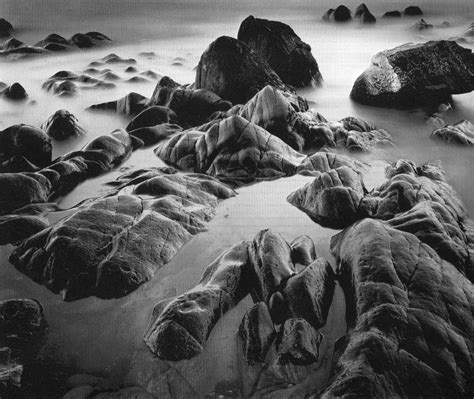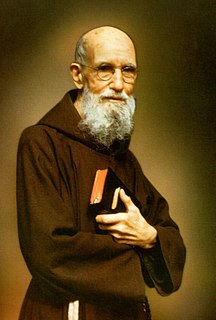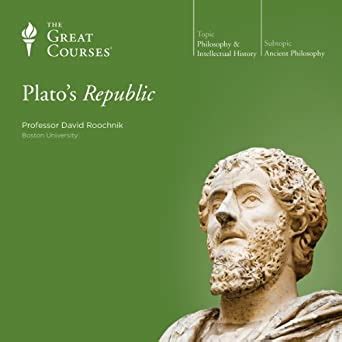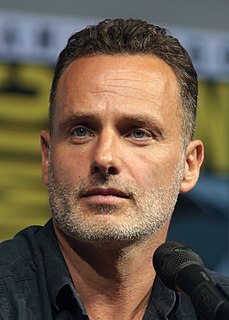A Quote by Alan Lightman
The relationship between science and the humanities is two-way. Science changes our view of the world and our place in it. In the other direction, the humanities provide the store of ideas and images and language available to us in understanding the world. The exploding star of A.D. 1054, the Crab Nebula, was sighted and documented by the Chinese, but nowhere mentioned in the West, where the Aristotelian notion of the immortality of stars still held sway. We often do not see what we do not expect to see.
Quote Topics
Available
Between
Changes
Chinese
Crab
Direction
Expect
Exploding
Held
Humanities
Ideas
Images
Immortality
Language
Mentioned
Nebula
Notion
Nowhere
Often
Other
Our
Place
Provide
Relationship
Science
See
Star
Stars
Still
Store
Sway
Two
Two-Way
Understanding
Understanding The World
Us
View
Way
West
World
Related Quotes
Everything is humanities. The sciences are a form of the humanities. They involve traditions of inquiry; they involve social engagement with ideas. They do not happen with a naked brain going out and encountering a nonhuman world. And the better we understand ourselves, the better we can do science, as well. So I don't see them - the sciences and the humanities - as being at all different.
What use could the humanities be in a digital age? University students focusing on the humanities may end up, at least in their parents' nightmares, as dog-walkers for those majoring in computer science. But, for me, the humanities are not only relevant but also give us a toolbox to think seriously about ourselves and the world.
I think we've lost the idea that politicians are part of the humanities. And we think of them as part of a natural science tradition, and we don't expect them to have the contact with literature, with history, with the richness of descriptive language that the humanities have always stood for. And I think that's a great loss.
Throughout history, the arts and humanities have helped men and women around the globe grapple with the most challenging questions and come to know the most basic truths. In our increasingly interconnected world, the arts play an important role in both shaping the character that defines us and reminding us of our shared humanity. This month, we celebrate our Nation's arts and humanities, and we recommit to ensuring all Americans can access and experience them.
Science is much more than a body of knowledge. It is a way of thinking. This is central to its success. Science invites us to let the facts in, even when they don't conform to our preconceptions. It counsels us to carry alternative hypotheses in our heads and see which ones best match the facts. It urges on us a fine balance between no-holds-barred openness to new ideas, however heretical, and the most rigorous skeptical scrutiny of everything - new ideas and established wisdom.
As for types like my own, obscurely motivated by the conviction that our existence was worthless if we didn't make a turning point of it, we were assigned to the humanities, to poetry, philosophy, painting - the nursery games of humankind, which had to be left behind when the age of science began. The humanities would be called upon to choose a wallpaper for the crypt, as the end drew near.
Social science and humanities ... have a mutual contempt for one another, the former looking down on the latter as unscientific, the latter regarding the former as philistine. ... The difference comes down to the fact that social science really wants to be predictive, meaning that man is predictable, while the humanities say that he is not.
To make images is a way of ordering one's world, of exploring and understanding one's relationship to existence. ... The images we make are often ahead of our understanding, but to say "yes" to a subject is also to have recognized, however dimly, a part of oneself; to live with that image, to accept its significance is perhaps to grow in understanding.
I often compare open source to science. To where science took this whole notion of developing ideas in the open and improving on other peoples' ideas and making it into what science is today and the incredible advances that we have had. And I compare that to witchcraft and alchemy, where openness was something you didn't do.





































